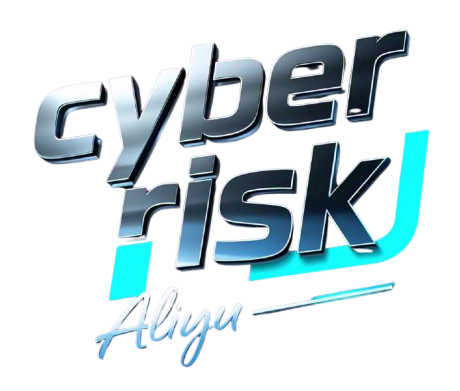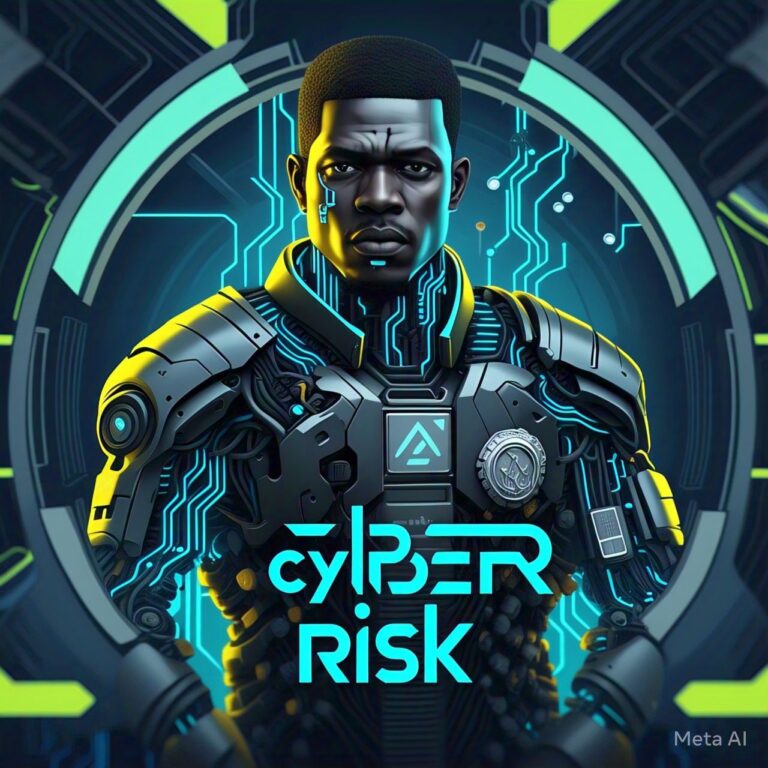Want to enter the cybersecurity industry with no experience? Here’s a step-by-step beginner’s guide to launching your InfoSec career in 2025.

🧠 Introduction
Cybersecurity is exploding with opportunities, and you don’t need a computer science degree to start. Many professionals began with nothing but determination, self-learning, and a strong interest in protecting digital systems.
In this guide, we’ll walk you through how to break into cybersecurity with no formal background, including free learning resources, beginner certifications, ways to gain experience, and how to stand out to employers in 2025.
🪜 1. Understand What Cybersecurity Is
Before jumping in, it’s important to know what cybersecurity actually involves. It’s not just hacking — it’s about protecting systems, networks, and data from threats.
🔑 Key Areas in Cybersecurity:
- Network Security
- Application Security
- Cloud Security
- Threat Intelligence
- Security Operations (SOC)
- Governance, Risk, and Compliance (GRC)
🔍 Start by exploring each of these areas through YouTube videos, blogs, and beginner courses to find what interests you most.
📚 2. Use Free Learning Resources
You don’t need to spend money right away. Start with these free platforms:
- TryHackMe – Hands-on labs for beginners
- Cybrary – Intro courses on various topics
- YouTube Channels – NetworkChuck, The Cyber Mentor
- Coursera / edX – Free intro courses from top universities
- Google Cybersecurity Certificate – Budget-friendly and beginner-friendly
✅ Learn at your own pace and take notes to build your foundational knowledge.
📜 3. Get Beginner Certifications
Certifications help show employers you’re serious and qualified, even without job experience. Recommended entry-level certs include:
- CompTIA Security+
- Google Cybersecurity Certificate
- ISC2 Certified in Cybersecurity (CC) – Free in 2025
- CompTIA IT Fundamentals (ITF+) – If you’re really new to IT
🎓 These certifications don’t require a tech degree and are globally recognized.
💻 4. Build a Home Lab and Portfolio
Start doing small, practical projects to gain hands-on experience:
- Set up a home lab using VirtualBox or VMware
- Practice using tools like Wireshark, Nmap, Metasploit
- Try solving challenges on platforms like Hack The Box, TryHackMe
- Document your progress in a blog or GitHub portfolio
🧰 Employers love seeing what you can do — even if it’s self-taught.
🤝 5. Join Cybersecurity Communities
Networking and mentorship are key in this field. Engage with people who are on the same journey:
- LinkedIn – Follow cybersecurity leaders, share your learning
- Twitter/X – Many experts share tips and news
- Discord / Slack Groups – Try Hack The Box, CyberSecStudy
- Reddit Communities – r/cybersecurity, r/netsecstudents
🗣 Ask questions, join discussions, and don’t be afraid to say you’re a beginner.
🧳 6. Apply for Internships, Entry-Level Jobs & Volunteer
Even without formal experience, apply for:
- Cybersecurity internships (paid/unpaid)
- IT support roles (many people start here!)
- Non-profits or local businesses that need help securing their websites
- Bug bounty programs or Capture The Flag (CTF) competitions
💼 Use your portfolio and self-study progress to stand out.
📈 7. Keep Growing – Cybersecurity is Lifelong Learning
The industry evolves fast. Once you’re in, continue learning:
- Follow cybersecurity news (The Hacker News, BleepingComputer)
- Specialize in a niche — like cloud security, pentesting, or SOC analyst work
- Aim for intermediate certifications like CEH, CISM, or CISSP in the future
🧾 Conclusion
Getting into cybersecurity without experience isn’t easy — but it’s 100% possible. With the right learning path, free tools, a little networking, and passion, you can start your journey and land your first job in cybersecurity.







